Mass Naturalization, Indonesia's Dream Remains Unfulfilled
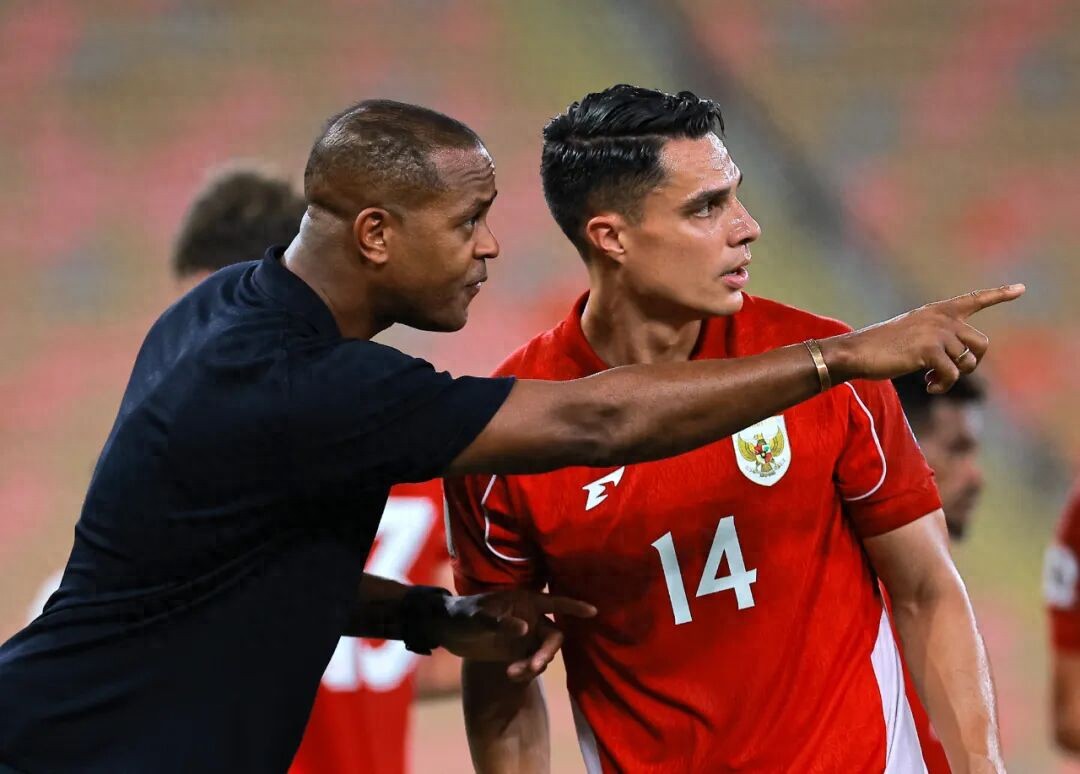
Written by Han Bing On October 12, after losing 0-1 to Iraq, the Indonesian team, with two straight defeats, became the first team to be eliminated early in the AFC World Cup qualifying playoffs.
Following last year’s Asian Cup, under the leadership of billionaire Tohir, the Indonesian Football Association spared no effort to naturalize up to 16 players for the national team, with new naturalized players joining before each international match window. Indonesia’s “naturalization army” set a record by reaching the third stage group round and the fourth stage playoffs of the AFC World Cup qualifiers, but ultimately failed due to the coach’s hasty tactical changes and personnel mistakes.
At last year’s U23 Asian Cup, under coach Shin Tae-yong, the Indonesian team lost three consecutive matches at the last moment, falling to Uzbekistan, Iraq, and Guinea, missing out on the Paris Olympics. This year, in the World Cup qualifiers, Indonesia again suffered three late losses, losing to Japan, Saudi Arabia, and Iraq, failing to qualify for the World Cup. In this playoff’s 23-man squad, Indonesia included as many as 18 naturalized players but still could not fulfill their dream, deeply disappointing the entire nation.
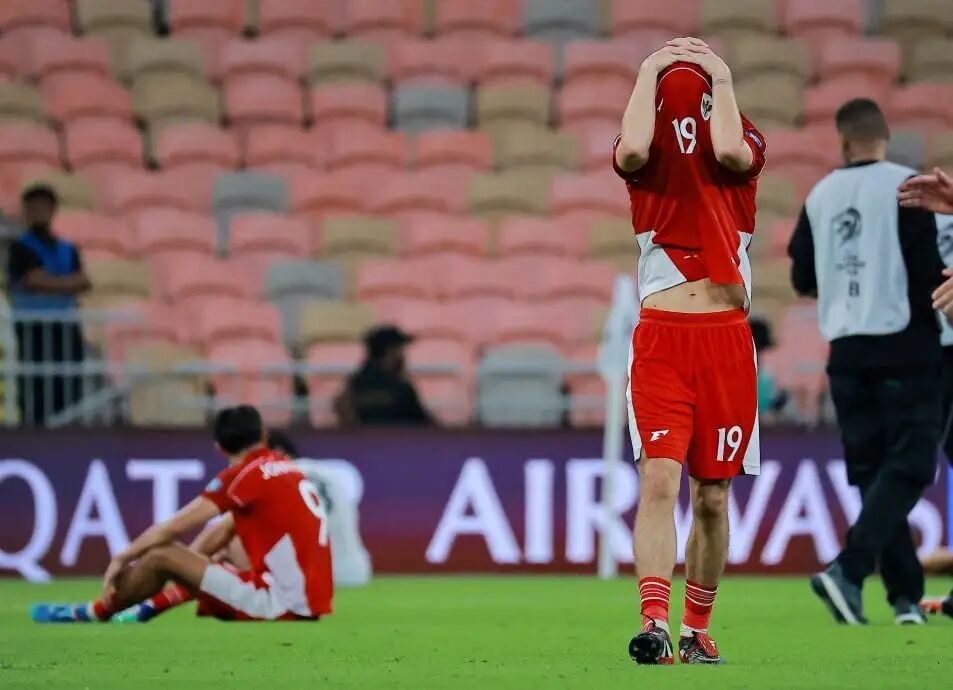

The Indonesian team’s three-defender system, well established during Shin Tae-yong’s tenure, was seamlessly integrated by most naturalized players with Dutch football backgrounds. After Cruyff took over this year, Indonesia reached the playoffs with the same three-back formation, but in the two September warm-up matches, he suddenly switched to a four-defender system, dropping key naturalized players such as defender Habner, defensive midfielder Haye, striker Romeni, and local center-back Lido, as well as winger Ferdinand.
In the October 9 playoff opener against Saudi Arabia, Cruyff continued with a 4-4-2 formation, fielding entirely new combinations in the forward line, defensive midfield, and defense. Saudi Arabia capitalized on mistakes by Indonesia’s new defensive midfielders and defenders, overturning a one-goal deficit by scoring three consecutive goals. On October 12 against Iraq, Indonesia had to win to keep hopes alive for at least reaching the fifth stage playoffs. Cruyff changed five starters, dropping underperforming striker Olamangun, left winger Putra, right winger Jonatans, defensive midfielder Klock, and right-back Sayuri, but stubbornly retained the criticized four-defender system despite heavy criticism from Indonesian media.
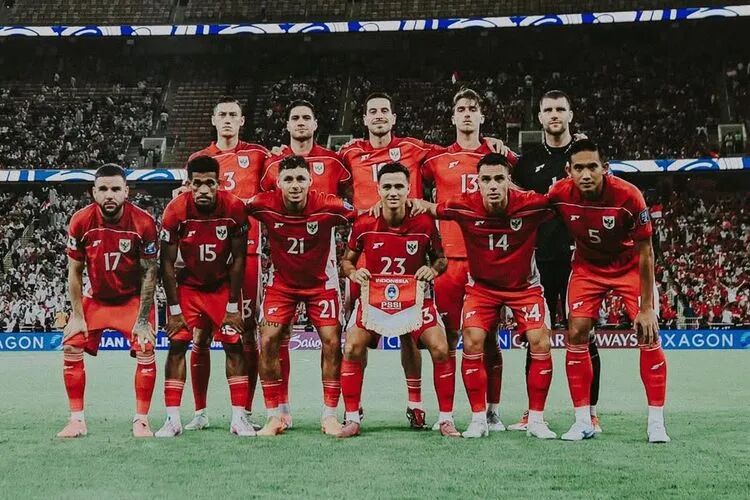
Key players Haye, Ferdonk, and local center-back Lido returned to the starting lineup; Haye was pushed forward to the number 10 role to support the attack, wing-back Ferdonk partnered with Perupesi in midfield, while Romeni, who scored winning goals against Bahrain and China in the round of 18, remained a substitute. Although Indonesia controlled possession (55%), young striker Zaistla, naturalized only in September, lacked chemistry with teammates. The team managed nine shots but only one on target, demonstrating poor efficiency. In the second half, four naturalized players—Olamangun, Romeni, Jonatans, and Zhou Ya’an—entered the game, with ten naturalized players on the pitch for 40 minutes, yet failed to score. Ultimately, Iraq advanced by a powerful 76th-minute shot from naturalized midfielder Ikbar, trained at Manchester United’s academy, eliminating Indonesia.

Before the decisive match against Iraq, famous Indonesian football commentator Pangeman warned that Cruyff must return to the more effective three-defender formation used in the round of 18, reinstating defenders Habner, Lido, defensive midfielder Haye, and striker Romeni to the starting lineup to have a chance of victory. However, Cruyff ignored this advice, causing the Indonesian Football Association’s two years of naturalization efforts to go to waste.
After the match, Indonesian FA official Tor apologized to fans for failing to qualify and urged supporters not to cyberbully the players. Counting injured absentees goalkeeper Odairo, defender Hilhers, defensive midfielder Jenna, and forwards Strike and Wipowo, Tohir has naturalized over 20 players for Indonesia in two years, yet the World Cup goal remains unachieved. After the game, naturalized player Haye and captain Izes were in tears, while Cruyff hid his disappointment behind a towel. Haye also received a red card for protesting referee Maning’s decisions in the players’ tunnel. For these players who naturalized for the World Cup dream, the narrow defeat was hard to accept.
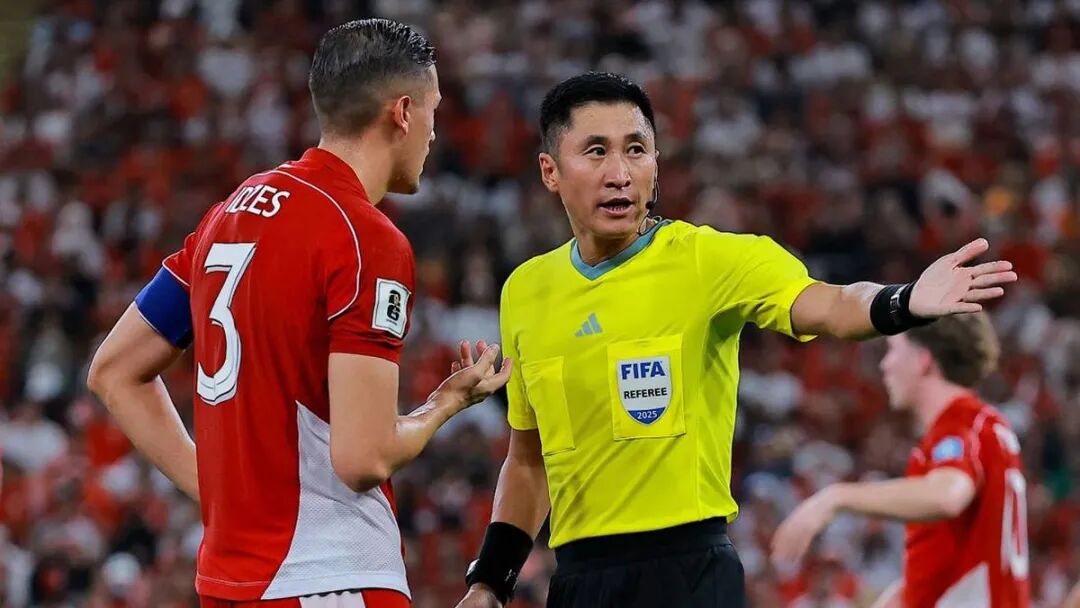
The Indonesian Football Association stated that the continuously strengthened “naturalization squad” targets qualification mainly for 2030, but it is regrettable that hasty coaching changes and personnel errors led to elimination in the playoffs. Indonesia’s three-defender system yielded a win and a draw against Saudi Arabia in the round of 18, but Cruyff’s sudden switch to four defenders in the playoffs resulted in a reversal by Saudi Arabia and stubbornness against Iraq led to elimination. After the match, the hashtag “Cruyff resign” trended widely on Indonesian social media, putting the Dutch coach’s position in unprecedented jeopardy.

Former Australian coach Arnold was appointed in May to “rescue” Iraq. Despite a 0-2 loss to South Korea in his first match, he led the team to four consecutive wins, conceding only one goal in those matches, compared to 11 goals conceded in the previous five winless games. The coaching change had an immediate positive effect. Arnold continued using the four-defender system from the round of 18 and made targeted defensive improvements. Although key strikers Amin Hussein and Hamadi were injured, the stable defense kept the team unbeaten.
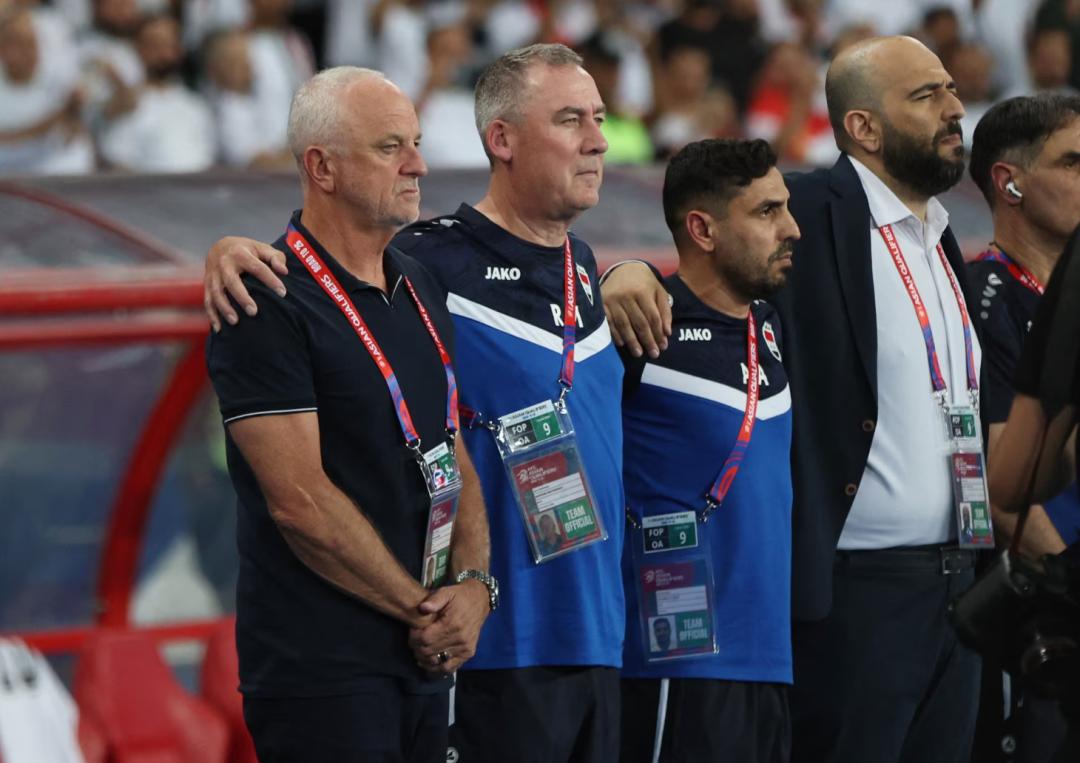
Iraq also relies heavily on naturalized players: starting left-back Doski, right-back Hussein Ali, defensive midfielders Jacob and Anmari, substitutes center-back Suraka, match-winning scorer Ikbar, and winger Yousuf Amin are all naturalized. Additionally, six more naturalized players are on the squad list. Although not selected this time, 15 naturalized players have been called up in the past year.
In the other playoff group, the UAE defeated Oman 2-1 and only needs a draw against Qatar in the final match to qualify. The UAE starting lineup featured as many as seven non-heritage naturalized players from Brazil, Argentina, Portugal, and Ivory Coast. Naturalized players scored both goals, and Brazilian substitute forward Canedo assisted Lucas for the winning goal. Furthermore, the UAE has four more Brazilian-origin naturalized players unused. This shows that mass naturalization, when used effectively, can maximize its benefits.


Wonderfulshortvideo
User PlaymakerHub has posted a video.








 Links
Links
 Contact
Contact
 App
App


